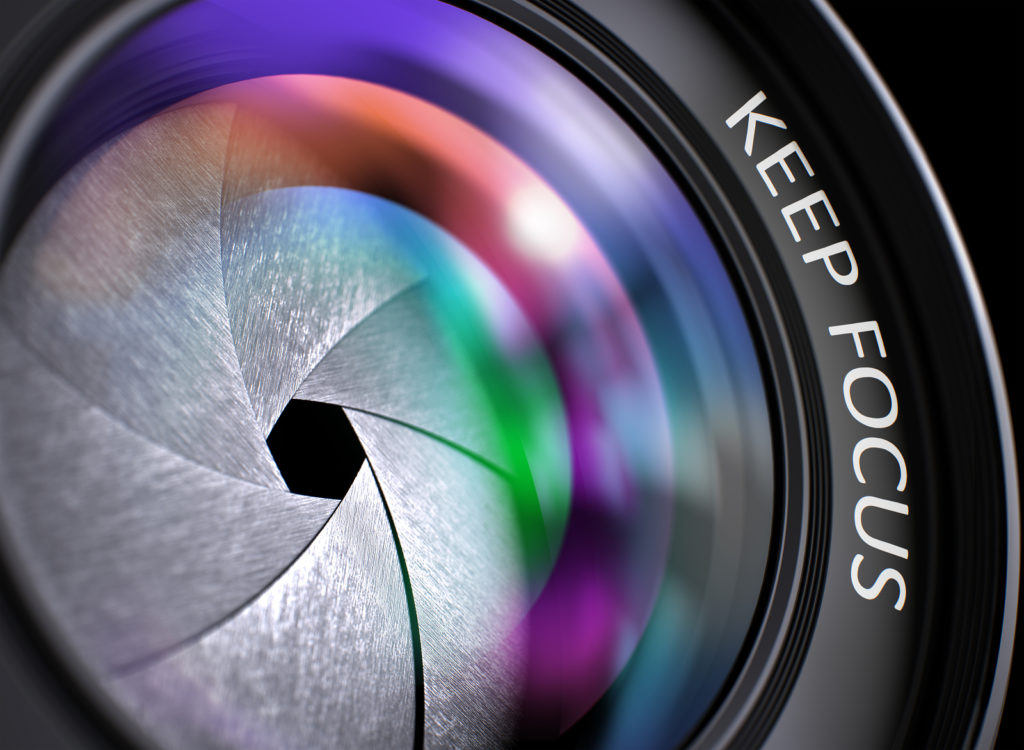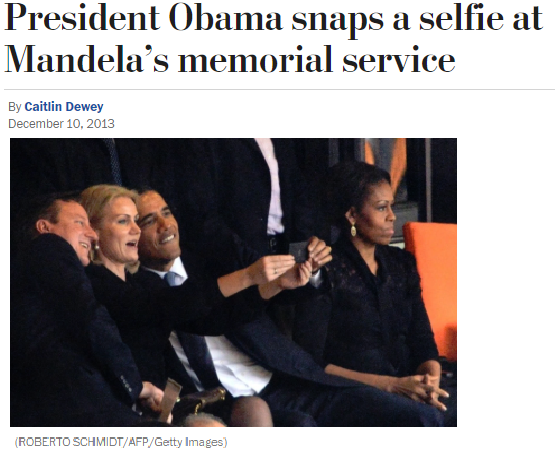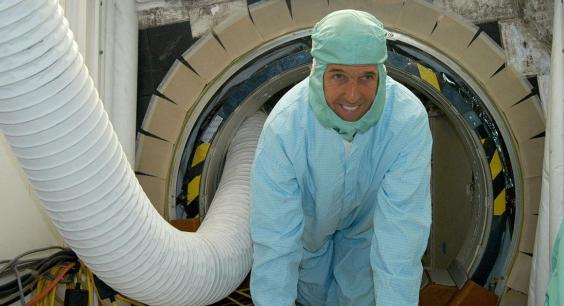Blog
5 Quick and Free Tips to Take Better Pictures

January 17, 2019
Now is a great time for photography. The growth of high quality, inexpensive digital cameras combined with easy to use distribution methods like social media have made it more accessible than ever to take and send great pictures. Even better, you can do this all with a normal cell phone. You don’t need to drop money on a DSLR camera and lens setup. And this means your campaign can leverage those tools to reach voters in new and interesting ways that weren’t possible before. Whether it’s behind the scenes at the campaign office, selfies with voters, or something else, you can do more with the camera attached to your cell phone than ever before.
But there are a few things you can do to make sure you get the most out of your camera. Here are five tips to get you started.
1. Clean your camera lens
Do the lights look they have halos? Is the image blurry? You probably need to clean your camera’s lens. Touching the lens with your fingers while pulling from a bag or pocket can cause little smudges on your lens, translating to bad looking pictures. A quick wipe from a sleeve (or microfiber cloth) and your pictures will be clean and crips again.
I had a surprise visit by some friends today at my office to celebrate my birthday. pic.twitter.com/u3FDRldhSI
— Senator Rand Paul (@RandPaul) January 9, 2019
2. Look for good lighting
Sometimes you just won’t be able to find it, but if possible, take a picture in a well lit area. In this picture Governor Polis’ face is covered in part by a harsh shadow. If he had taken a picture this picture with his other hand, angling his face the other direction, he would likely be more evenly lit and look better. Taking advantage of the lighting (and avoiding bad lighting) can be the difference between looking like you haven’t slept this week and looking your best.
A quick selfie as I become Governor pic.twitter.com/Kb7vtoYurl
— Jared Polis (@jaredpolis) January 8, 2019
3. Think about the time and place
Not all moments are the right time for a selfie. Grinning ear to ear and glad handing your neighbours, as President Obama is doing in this photo, is probably not the best way to be commemorating the funeral of Nelson Mandela. Don’t take selfies that are glorifying you in the middle of serious circumstances that require a different attitude. Taking pictures with folks is great, but don’t forget to be present in the moment.
4. Look at the lens, not yourself
When somebody is taking a picture of you, it’s second nature. You look at the camera lens and smile. Easy, you’ve been doing it for your entire life. But as soon as we start taking selfies, we forget where to look. Often times, we get distracted by looking at the screen, looking at ourselves and others in the picture, and forget to look at the lens. Snap, the picture is taken and it looks like everybody is staring at something more interesting behind the camera. Instead look for the lens and make eye contact like it’s a normal picture.
3 years ago, I was working 2 jobs and 18 hour shifts as my family did everything to prevent foreclosure.
Today I’m in Section A of the Wall Street Journal as the most serious Congressional challenger for NY-14 in over a decade.
THIS is what Democracy looks like. 📢 pic.twitter.com/Ig2a19jOBt
— Alexandria Ocasio-Cortez (@AOC) February 15, 2018
5. Don’t look like a goober
Politicians aren’t cool. Or maybe better stated, the vast majority of politicians aren’t cool. That’s fine, being uncool doesn’t make you unelectable. However, it doesn’t mean you shouldn’t’ avoid looking like a goober. Avoid goofy poses, costumes, and situations that can make you the subject of unnecessary ridicule. Or, if you do put yourself in that position, be ready to own the goofiness of it and the consequences, whether it makes you more relatable, or makes you look like a poser riding in a tank. Core to this point? Authenticity. Cracking a beer in your kitchen for the first time in your adult life while broadcasting on Facebook Live to show that you are of the common man and can relate to their concerns, will likely show the exact opposite.



